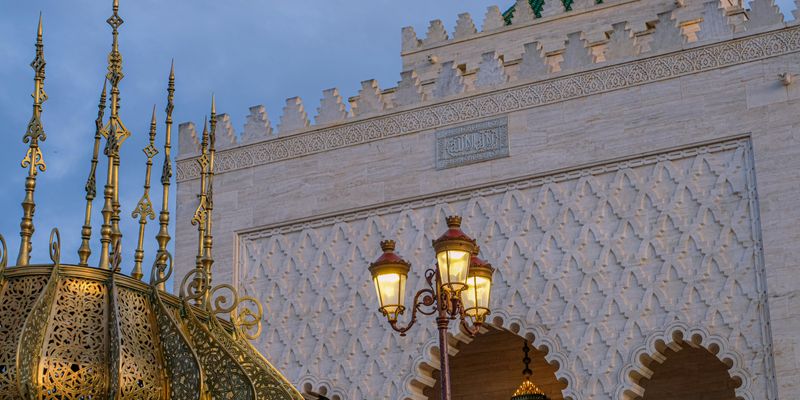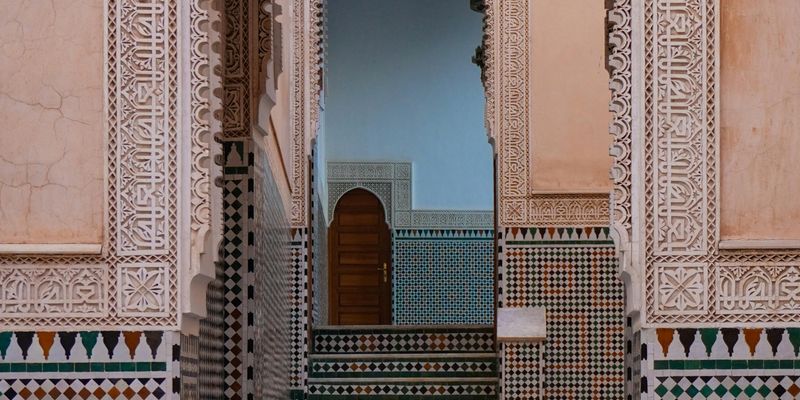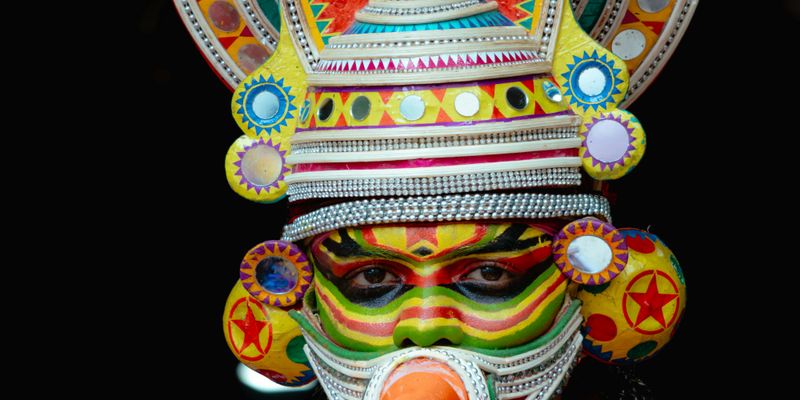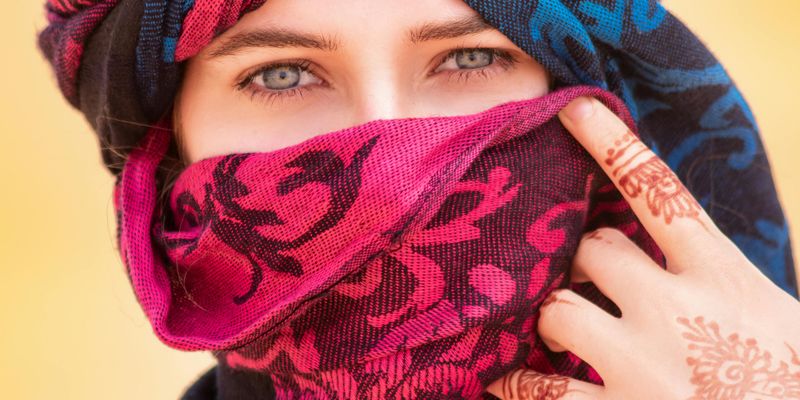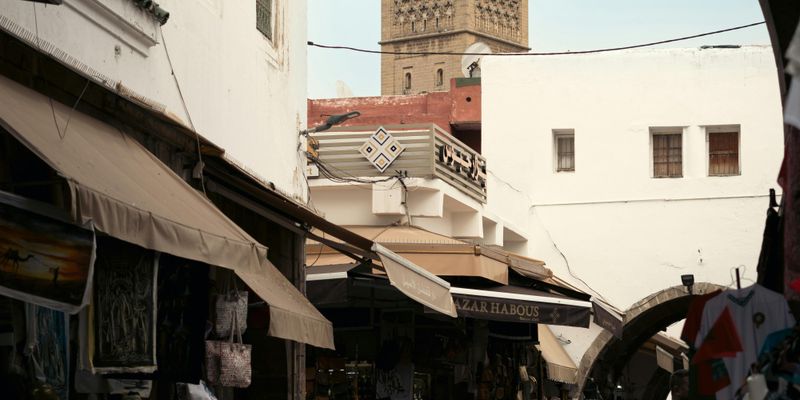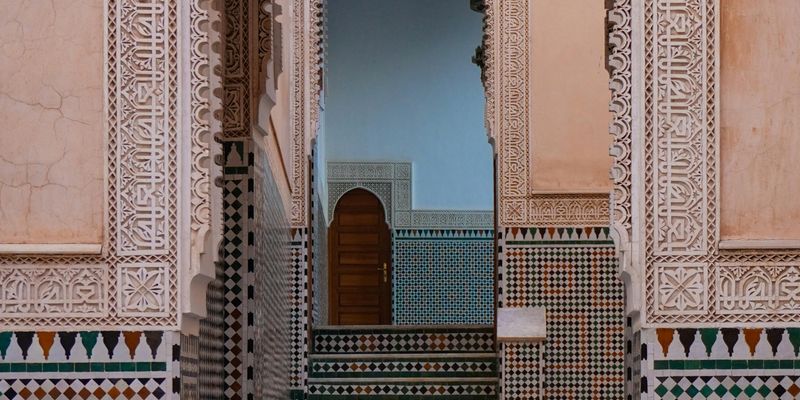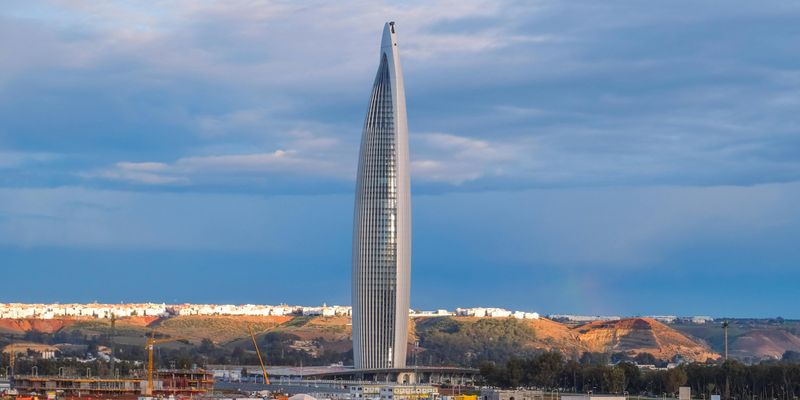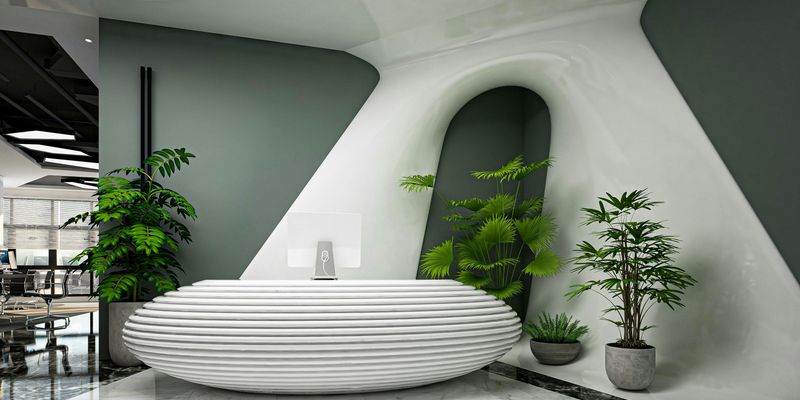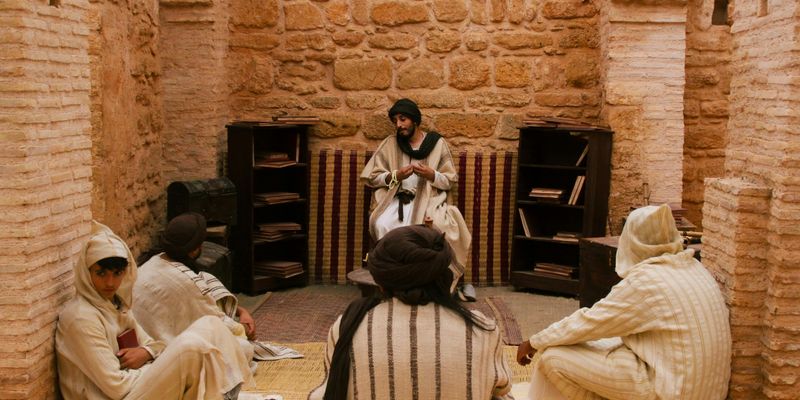
Introduction
In the vibrant tapestry of Moroccan culture, literature stands out as a compelling thread that weaves together the nation's history, traditions, and diverse voices. As a proud Moroccan, I can affirm that our literary landscape is not just a reflection of our society; it serves as a window into the very soul of Morocco. In this post, I invite you to journey with me through the realms of Moroccan literature, illuminating its significance and beauty.
The Rich Tapestry of Moroccan Voices
Moroccan literature is a rich amalgam of Arabic, Berber, French, and Spanish influences, mirroring the country's complex history and multicultural identity. Authors like Fatima Mernissi, who explores themes of feminism and identity in her groundbreaking works, and Abdellah Taïa, who elegantly captures the nuances of queer identity and personal struggle, have greatly contributed to this literary heritage.
A Reflection of Traditions
Throughout Morocco's history, storytelling has played a vital role in preserving traditions. The ancient art of lqoud (storytelling) thrives in local cafés and gatherings, where elders recount tales that resonate with the heart of our culture. These stories often embody moral lessons, social realities, and the shared experiences of our people, creating a sense of community and continuity.
Exploring Themes and Influences
Literature in Morocco often grapples with significant themes such as identity, migration, and the search for belonging. Consider the works of Moroccan poets like Mohamed Louahed, whose words paint vivid imagery of the landscapes we cherish—from the windswept dunes of the Sahara to the bustling markets of Marrakech.
Identity and Belonging
In a country where the Berber identity coexists with Arab traditions, literature serves as a platform for voices that challenge the status quo. Authors often delve into the complexities of personal and national identity, offering readers a multifaceted understanding of what it means to be Moroccan.
The Impact of Colonial Legacy
Moroccan literature also reflects the impacts of colonialism, especially the French protectorate period, which influenced many writers' language and style. This historical context has given rise to a distinct fusion of French and Arabic styles, enriching the literary scene and producing works that resonate on multiple levels.
The Role of Contemporary Literature
Today's Moroccan authors continue to push boundaries and explore new narratives that resonate with younger generations. Novels like The Last Friend by Mohamed Leftah capture the essence of urban life while maintaining a thread of cultural authenticity. Such contemporary literature allows us to reflect on the ever-evolving identity of our nation.
Bridging the Gap
Many Moroccan writers are now garnering international attention, bridging cultural gaps and showcasing the richness of our heritage to a global audience. Initiatives like the Marrakech International Book Fair celebrate this literary diversity by bringing together authors from all over the world, highlighting Morocco's influential role in the broader literary community.
Conclusion
As I reflect on the myriad voices that shape our literature, I am reminded that each book, each poem, and each story is a piece of Morocco's soul waiting to be discovered. From the ancient traditions of storytelling to the vibrant contemporary works defining our future, the literature of Morocco invites everyone to immerse themselves in our rich culture and heritage. So, whether you are seeking insight into our history, exploring themes of identity, or simply enjoying the rhythm of our language, Moroccan literature has something profound to offer. Join me in celebrating this artistic journey; it is, after all, not just about words, but about understanding and connecting with the essence of Morocco.
